https://blog.priceplow.com/podcast/dan-fabricant-npa-2023-washington-dc
For Episode 100 of the PricePlow Podcast, Ben and Mike flew to Washington D.C. for the Natural Products Association's annual DC Fly-In Day on June 7, 2023. Fly-in days, also known as "lobby days", bring individuals together to advocate with legislators and other officials on behalf of their shared interests.
So this was the day where members of the NPA could meet with their elected representatives on Capitol Hill to discuss matters of importance in terms of public policy geared towards the dietary supplement industry.
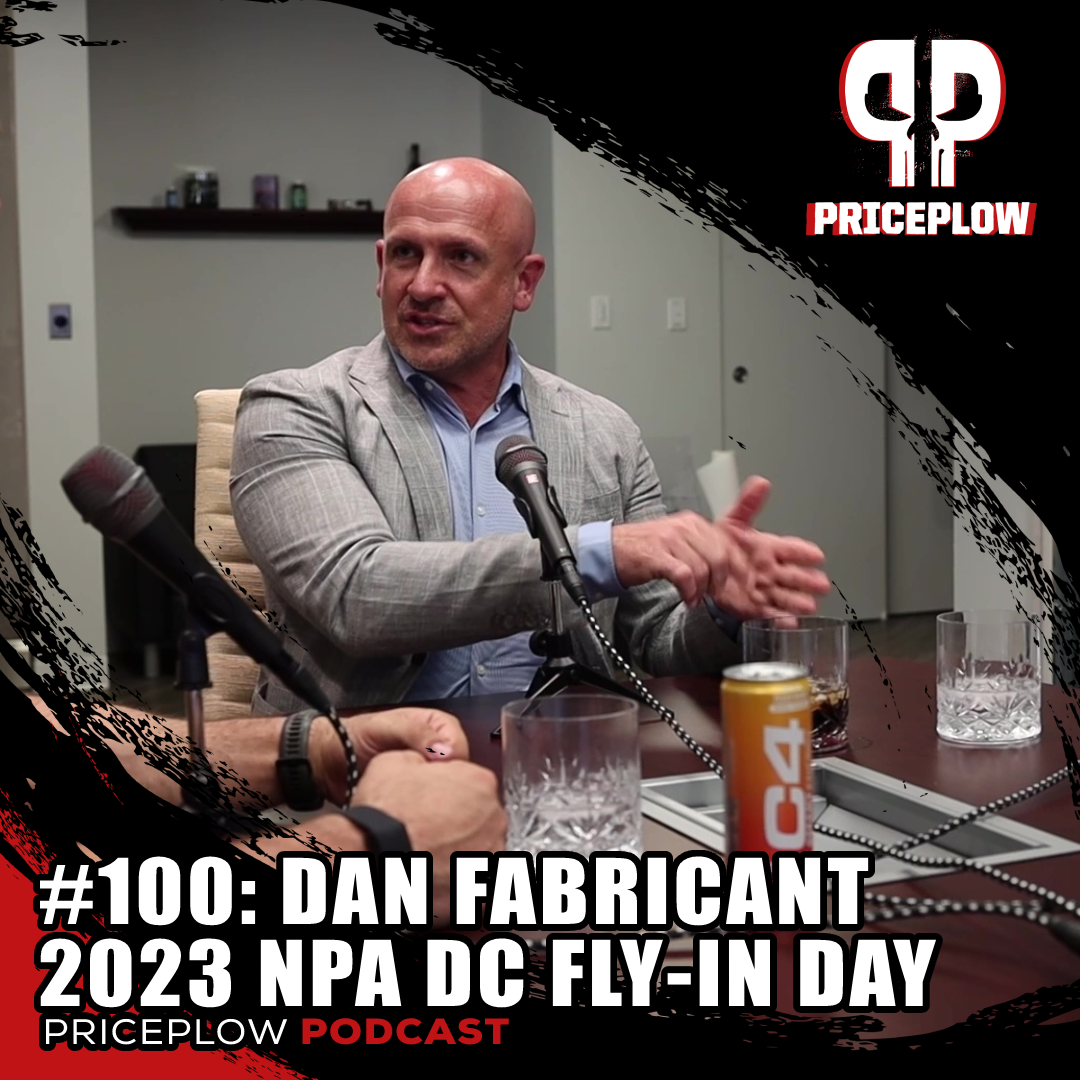
Team PricePlow flies into Washington DC for the Natural Products Association's annual Fly-In Day, recording a great tell-all podcast with NPA's CEO, Dan Fabricant, who tells us why we should be involved in our industry's politics.
Episode 100: Dan Fabricant of the NPA in Washington, DC
It was only fitting, then, to schedule Episode 100 with Dan Fabricant, CEO of the Natural Products Association (NPA). This is the country's largest and oldest nonprofit organization dedicated to supporting the natural products industry -- it was founded in 1936 and has over 700 members.
In this podcast, we discuss why we should be involved in politics when it has become so off-putting the past decade or so, discuss what the FDA and industry both need to be doing better, and dig into this year's hot topics, which includes the battle against the FDA for NMN.
The trip was spectacular -- we'll include some videos at the bottom of this article. We were able to meet with congressmen and senators from New Jersey (Ben's district) and Oklahoma (Mike's home).
Have a say -- or someone else will do so for you
The most major point to get across is this: If you're not talking to your legislators, then someone else is. There's only so much oxygen in DC, and every industry needs to fight for theirs.
Now let's get into it:
Podcast: Play in new window | Download (Duration: 1:53:01 — 115.0MB)
Subscribe to the PricePlow Podcast on Your Favorite Service (RSS)
As a reminder, Dan was previously on the PricePlow Podcast in Episode #067, describing how the NPA fought Dick Durbin's 2022 Mandatory Product Listing Bill (described as "MPL" below). Ben had also joined in the fight in Trenton, NJ to prevent them from forcing stores to sell supplements from behind-the-counter (see coverage here and here on Instagram). These are both referenced below:
Detailed Show Notes with Dan Fabricant of NPA
-
0:00 - Hot Start: We need to support our tribe
The trio starts with a hot mic, where Dan and Mike are commiserating over national party politics, but Dan explains how we need to support our tribe -- which is the dietary supplement industry -- something that transcends party politics.
"This is our tribe. We need to take care of our own. It doesn't matter if you're left of the left or right of the right.
Personal politics? Gone. This trip is not about personal politics. It's about this industry."
Ben points out that many people have their own passions, but health is the most important thing in society. It's the foundation. And we shouldn't downplay our industry's role in our culture.
-
1:30 - Introduction and the Disenfranchisement with Politics
Mike brings it back to introduce the day, and notes that we had been talking about ongoing disenfranchisement with national party politics. The past decade have been horribly divisive, and friendships shouldn't be lost over national politicians who stab their followers in the back and aren't going to do what they campaigned for anyway. At this point, it's pretty clear to see where things are headed on a federal level - this is only going in one direction.
However, Mike's come back around to getting involved in politics in an area that matters to him -- the dietary supplement industry -- and there are things that we can affect that matter to our community and those who are close to us.
-
3:15 - We have to show up
Dan concedes Mike's points, and people drive the conversation with passion, but passion's not enough - we have to show up.
Everyone's focused on their issues in their industries, so we need to show up to prove that ours is important as well. 75-80% of the population uses supplements every day.[1,2] Even with that many users, there's still a false narrative that "the industry is unregulated", and attacks on the state levels and attempts at MPL in 2022.
-
4:30 - What is the NPA?
The NPA is almost 90 years old - started in 1936. It came out of the health retailers. It seeks to support the innovative spirit and growth. There's currently about 700 members, including retail members like The Vitamin Shoppe, who also attended Fly-In Day (they're based in Ben's state of New Jersey, so we attended meetings with them).
It's all about the consumer though. Dan flashes back to our PricePlow Podcast on MPL in Episode #067, which PricePlow helped to push a lot of grass roots messages. Mandatory product listing would devastate this industry, while solving none of the problems, so bills like that must be fought tooth and nail.
Dan claims that the NPA likes to fight, and has never lost a lawsuit to the FDA when suing them. Most recently he discusses NAC (read about it in the NAC / Vinpocetine section of our NMN vs FDA post). Those types of cases actually used to be more commonplace.
-
7:30 - Non-Profit 101 - How is NPA Run?
NPA has members and a board of directors, and the board drives policy. Dan, as CEO, serves at the pleasure of the board. They decide what to support and what to push back against. You can see the current NPA Board of Directors on NPANational.org.
A great example of a board member is Jim Emme, CEO of NOW Foods, who attended Fly-In Day and sat in meetings with Mike. An example of what Jim is willing to do is to take on Amazon by testing products they're selling, despite selling a ton of supplements on the platform.[3]
-
9:15 - Not Just Federal: Challenges in States
There have also been several problems in various states, especially New York, New Jersey, and California, where state legislators are attempting to make dietary supplements illegal to place on store shelves. This only punishes brick-and-mortar stores. NPA has to wrangle 50 states, some of which are quite hostile to the dietary supplement industry.
Ben leaves the room, and Dan mentions that creatine is still being attacked by these legislators who don't understand it.
-
10:10 - Will uninformed legislators ever understand creatine?!
Mike asks when these people writing laws will ever get over creatine - a completely safe and effective substance found in meat (and cranberries, as Dan later points out[reference 1 reference 2]). It's being used for all kinds of neurological disorders now.[4-6]
Legislators keep attempting to state that dietary supplements lead to eating disorders (which has never been demonstrated, and no adverse events have been attributed to supplements causing such issues), but we can't say that processed foods lead to obesity -- which they do.
No matter how much research is done, these people simply won't let go of creatine, even after 30+ years of positive, safe research. Mike points out a recent paper with nearly 300 citations (it's actually 250),[7] but these folks will never understand it - and those are the people that need to be fought.
Mike openly wonders if the anti-creatine agenda is connected to the anti-beef / anti-meat agenda. This leads into...
-
12:30 - Performance Supplements Lead the Way in this Industry
The topic of creatine leads us into the idea that "performance leads the way in this industry". Ben likens this to F1 technology's performance making its way into cars like a Prius.
The anti-performance backlash just doesn't make sense for this reason.
-
14:00 - Should the dietary supplement community discuss supplements for children
Mike notes the overwhelming amount of research for creatine and youth/adolescents,[8,9] and asks Dan if this is something the industry should touch. At the end of the day, it's about self care. But in America, the government does the opposite of that.
Dan uses the example of Vitamin D status and COVID, citing the insane amount of research connecting vitamin D status and supplementation with successful infection outcomes,[10] but we can't talk about it here and didn't provide suggestions to get sunlight or vitamin D supplements.
Health claims: We only have 22 or 23 from the FDA.[11] The neural tube defect claim took 18 years, even though we've known this forever. Hispanics are seeing a rise in neural tube defects because they don't fortify masa flour enough.[12]
The point is that the research is there, we shouldn't be afraid to discuss it. Whether it's creatine or folate.
-
16:00 - The four pillars of the dietary supplement industry's regulatory framework
Ben asks for a top-level overview of the dietary supplement industry and its regulations, and Dan mentions four pillars:
- Labeling - supplement facts panels, statement of identity, ingredients, and what you can say about the product (structure/function claims, etc).
- Quality - GMPs (good manufacturing practices) - these are codified in 21 CFR 111.[13] These were supposed to be designed after food GMPs, but they're actually designed after 210 and 211, the drug GMPs.
- Pre-Market Safety - This is the NDI (New Dietary Ingredient) notification process,[14-16] along with the grandfathered or "old dietary ingredient" lists (mostly vitamins and minerals and ingredients that were sold before October 1994).
The NDI process requires toxicology testing - it's a notification process. There are four responses you can get from the FDA (below are paraphrased from a previous email from Dan):
- AKL - Acknowledged (good day letter) 402f1B adulteration burden satisfied,[17] agency has no questions on safety/identity – for the agency to reverse they would need a finding that it is adulterated under 402f1A, that burden would be on the FDA to establish
- IAL – Inadequate letter – name is confusing but 402f1B[17] adulteration burden still satisfied (this is key to their authorities) but the agency may not agree with safety data (or possibly identity data). This sucks to have that in writing for marketing purposes but 21 CFR 190.6 trigger is still satisfied.[16] For the agency to reverse they would need a finding that it is adulterated under 402f1A, burden on FDA to establish
- ICL – Incomplete letter - 402f1B charge still in place, product is adulterated per the agency, this is where if they didn't agree with the identity or some other part of 21 CFR 190.6 wasn't satisfied,[16] would be the response letter, not adulterated under 402f1A
- NDL – Not a Dietary ingredient Letter - the agency gives these for steroids and other things that have been filed over the years that they don't meet the definition of a dietary ingredient so they won't review the safety or identity, even if 21 CFR 190.6 is satisfied.[16] Enforcement on this starts as a 402f1B charge but can move to a 409 charge (unapproved food additive).
- The Adverse Event Reporting System - This is identical to what's out there for pharmaceutical drugs. It uses the same MedWatch system, which is a great detection system.[18] AER = Adverse Event Report.
Don't forget the FTC
In addition to these regulations, there's the FTC as well! Dan brings up the odd recent warning letters from the FTC[19,20] that were sent to nearly 700 brands and drug companies[21] regarding claims, stating that there was no active investigation.[19-21]
Mike tells Dan to wait for Episode 102 of the PricePlow Podcast, where we had an FTC expert lawyer explain what these really mean (hint: the clock is ticking). This makes sense, given a Supreme Court decision that changed the way the FTC could approach financial confiscation.[22,23]
-
23:00 - Dan's Background at the FDA
We step back to talk about Dan's background, since he was a former FDA executive! Dan served as the Director of the Division of DIetary Supplement Programs from February 2011 through April 2014. He led a first-time enforcement against a manufacturer, shutting them down for poor practices and GMP violations[24] after warning letters had already been sent.[25]
Dan's small team led the entire agency in legal actions (seizures and injunctions).
Dan of course served during the beginnings of the DMAA saga with USPLabs, but more importantly, was involved in adverse events related to their aegeline-containing dietary supplements. Ben states that Dan banned DMAA, but Dan corrects him that he enforced on it:
-
24:00 - Dan vs. USPLabs
Dan's well-known for his battle against DMAA, since he was the one who sent the warning letters. He states that the biggest issue is that there was no NDI on it! They sent a rash of warning letters, and most companies went away except for USPLabs and a couple of others. There were seizures on product to get the product out of commerce.
But more importantly, Dan talks about some cases of liver failure on a weight loss product (it was OxyELITE Pro Advanced), which led to indictments at USPLabs. Mike mentions that while he and Dan were on different sides of the DMAA/geranium case, the internal emails in the indictment were absolutely horrible.[26]
Mike still cares that DMAA can be found in small amounts in geraniums, but USPLabs nor anyone else ever filed a new dietary ingredient notification for the ingredient, which is what the law stipulates.
Dan even concedes that had an NDI been filed, there would quite possibly have been different consequences. He even states that someone could have performed a GRAS panel,[27-29] put it into "DMAA water" for six months, and then it would have legally been in the food supply!
Dan later mentions that it still technically hasn't been banned by the FDA -- ephedrine (and a few other ephedrine alkaloids found in ephedra) are really the only ingredients that have been outright banned.[30-32]
So this brings us to the question of what is a dietary supplement?
-
28:45 - What can be a dietary supplement?
DSHEA 1994 gave us an actual definition of what is a dietary supplement.[33] For starters, it has to qualify as:
(A) a vitamin;
(B) a mineral;
(C) an herb or other botanical;
(D) an amino acid;
(E) a dietary substance for use by man to supplement the diet by increasing the total dietary intake; or
(F) a concentrate, metabolite, constituent, extract, or combination of any ingredient described in clause (A), (B), (C), (D), or (E);[33]...before getting into any other concerns. Dan mentions that we'll get back to vitamin because NMN is a B3 vitamin, as argued in Mike's FDA vs. NMN takedown.
In terms of DMAA, the argument was that it's a constituent of a botanical, but FDA never accepted the data presented in the various times DMAA was found in geraniums.
But there are other paths -- ff1(E) above - "A substance for use by man to supplement the diet". It could have been put into the food supply through a generally recognized as safe / GRAS affirmation, then generated as a supplement here. Dan talks about the arguments for and against this path.
This causes issues with CBD and Hemp, as it was in the diet for many years. With regards to CBD, Dan asks if we're using the law to protect pharma IP or are we trying to keep people safe?
-
32:30 - Botanicals and Constituents of Botanicals
There are 300,000+ flowering plants on earth - Have we discovered all of them?
The above leads to hypothetical situations regarding botanicals. If we find some new flower with a key constituent inside, and natives had eaten it for many years,
- Can we just start putting the plant into a capsule?
- Can we start extracting things from it?
- Can we start synthetically creating the thing we've been extracting?
Where are the lines here?
The first line is, "Is it the article of the diet?" -- did you eat that botanical for that constituent? If the answer is no, then you need to take the NDI or GRAS approach.
Once you're going from tiny quantities to larger quantities, Dan believes that you need to start following safety research practices.
With regards to synthetics, Dan believes that the chirality should be identical to what's found in nature. If it is, what's the Agency's public health concern? We obviously use many synthetic vitamins and amino acids.
The angle is to look at it from public health - where's the potential for risk? If you can satisfy those, then you have a good case to make.
-
35:15 - Foods and supplements cannot intoxicate
Mike backs his hypothetical situation up again -- we've found some new flower that's been eaten in South America. Can we package it up and sell it as a supplement?
Dan responds with another question, "What does it do in the body? Is it intoxicating?" Because foods cannot intoxicate by FDA law. Ben asks how you define intoxication, and Dan mentions "impairment", and it turns out there's a law for that: 101.93, the disease claim regulation.[34] The FDA has made a final rule stating that "FDA continues to believe that alcohol intoxication, like all poisonings (mushroom, digitalis, or any drug overdose), meets the definition of disease, albeit a transient disease."[35]
Therefore the FDA believes that intoxication is a "disease" and causing a disease is against the laws.
Overall, taking a step back, the combination of laws is actually very good, reasonable, and fair. It'd be hard to do better. The question is, enforcement, which gets discussed later on.
-
38:00 - New Dietary Ingredient Notifications (NDIN)
The topic shifts back towards NDIs - new dietary ingredients[14-16] - which is a notification process, not an approval process. Many stimulants used in sports nutrition supplements sold at smaller brick and mortar stores use ingredients without NDIs.
-
39:30 - Congress vs. the FDA - Is this a power game?
Mike notes that what the FDA is doing with NMN, which does have an acknowledged NDI,[36] is completely undermining what Congress wrote and the President signed in 1994 (DSHEA 1994). A lot of this in DCis about power, right?
Dan agrees, and confirms that the FDA is frequently at odds with Congress. Recently, the agency had a third-party Reagan-Udall review (which oddly left dietary supplements out completely),[37] but the FDA is defiant towards congress.
As an example, he mentions the recent infant formula issue where poor manufacturing practices led to a Cronobacter sakazakii outbreak[38] that put the infant formula supply chain in a terrible place. Congress was (and still is) upset at the FDA's lack of response and independent review.[39]
But additionally, a lot of the attorneys at the FDA simply don't like the supplement industry. They believe everything should be treated as a drug, even though that's not the law.
"The agency really liked COVID because they liked to hear people going "Ohhhh, thank God for the FDA, doing the emergency use authorizations, saving our lives." FDA really liked that, whereas on our side of the fence... they really can't take credit for their good work, so to speak."
-
41:30 - Black eyes on the supplement industry
Ben notes that the last serious warning letters on our side of the industry were with respect to DMHA in 2019 (there was also one in 2020).[40] Between that, people selling SARMs and going to prison,[41] there are a lot of black eyes on the industry.
Dan discusses how SARMs weren't known in 1994, but still don't fit in the law of supplements. They were never part of the diet. DSHEA did its job.
NMN, however, has been part of the diet -- it's in cinnamon![42] (As well as barley,[43] milk,[44,45] and edamame,[46] broccoli,[46] cucumbers,[46] cabbage,[46] avocado,[46] tomato,[46] mushrooms,[46] beef,[46] shrimp,[46] cinnamon,[46] and likely hundreds of other foods.[42]
FDA is often far too reactive -- they can actively find people selling drugs as supplements and prosecute them (and more importantly, any manufacturers involved) to send a message... yet they don't. And folks aren't making this hard, either - some are posting it straight to TikTok![47]
-
45:00 - Nobody at the FDA wants to be a cop, but that's what they need
Dan brings up a story about Malcolm Sparrow, who had graduated from Oxford with a PhD in math, all to sadden his parents and join the British Police Service as a cop.[48] He had theorized that the only way the bell curve of crime moves is if the regulators begin hitting the criminals.
FDA is not going after the bad guys, they're going after legal ingredients like NMN.
So what should FDA do, if Dan is given the magical wand to do what he wants? Dan gives an example of going after gas station Viagra, and moving up the distribution chain to make a statement.
More Detailed show notes are coming!
See Some Fly-In Day Videos
See also Mike's conclusion to the trip posted to LinkedIn.
Important Links
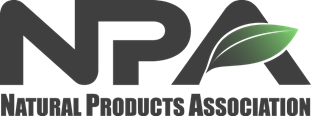
The Natural Products Association is the leading trade association for dietary supplements, known for its strong lobbying presence in Washington D.C. It acts as an industry watchdog on regulatory and legislative issues.
Thanks to Dan Fabricant and the NPA for hosting us. We met many incredible people within the industry and were honored to represent the supplement industry in front of our congressmen.
Return to the PricePlow Podcast and don't forget to subscribe on the platform of your choice.



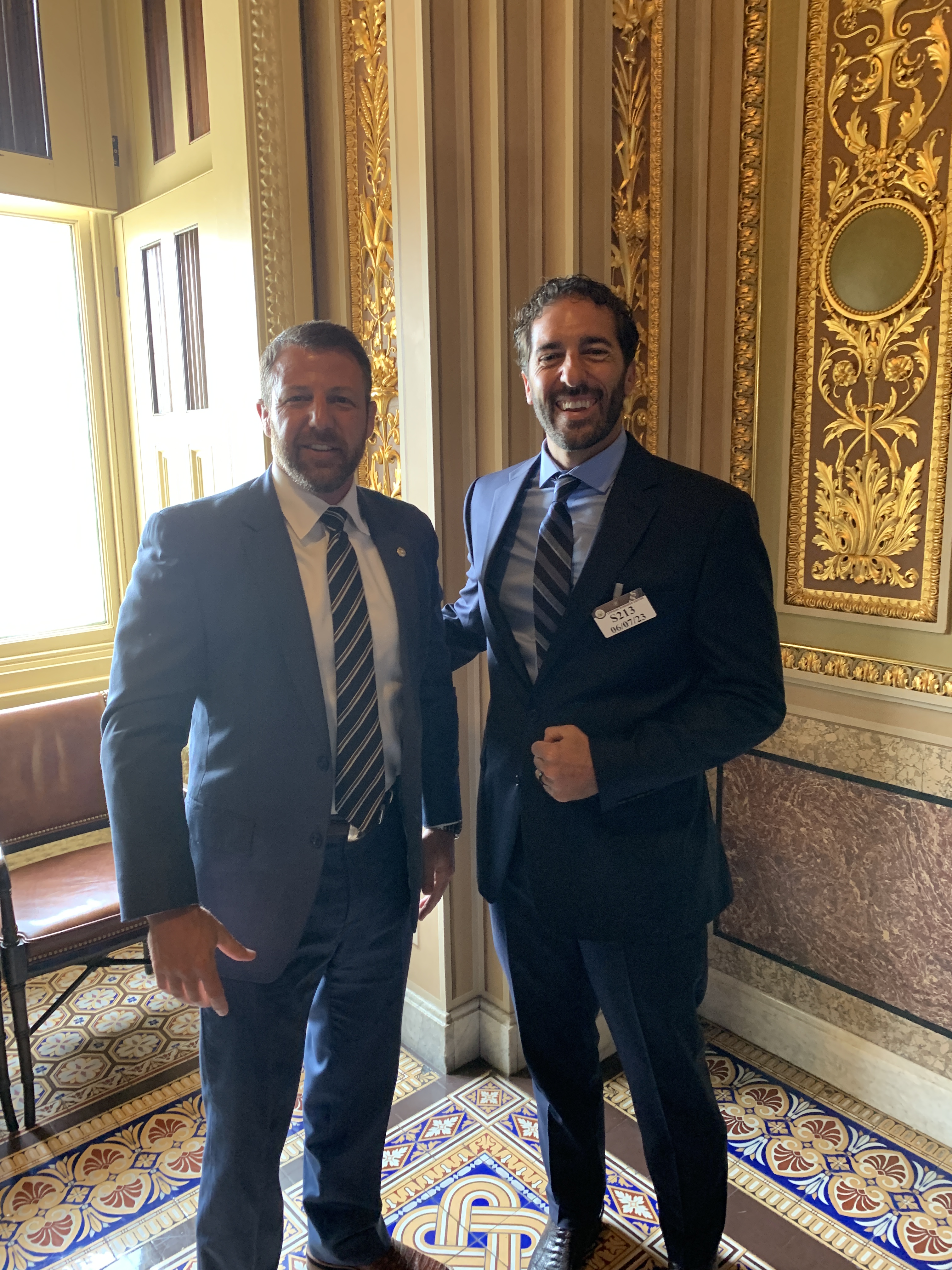
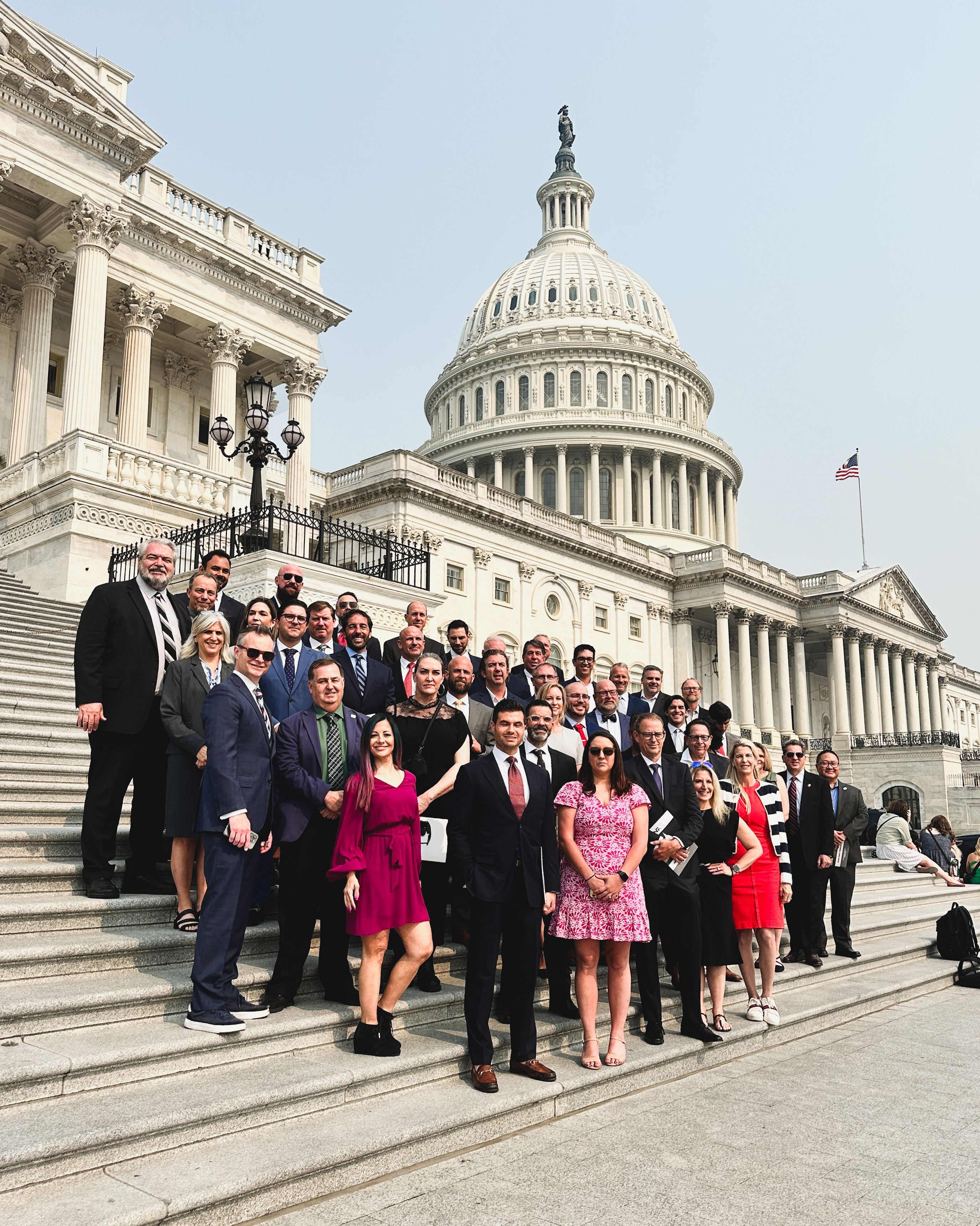
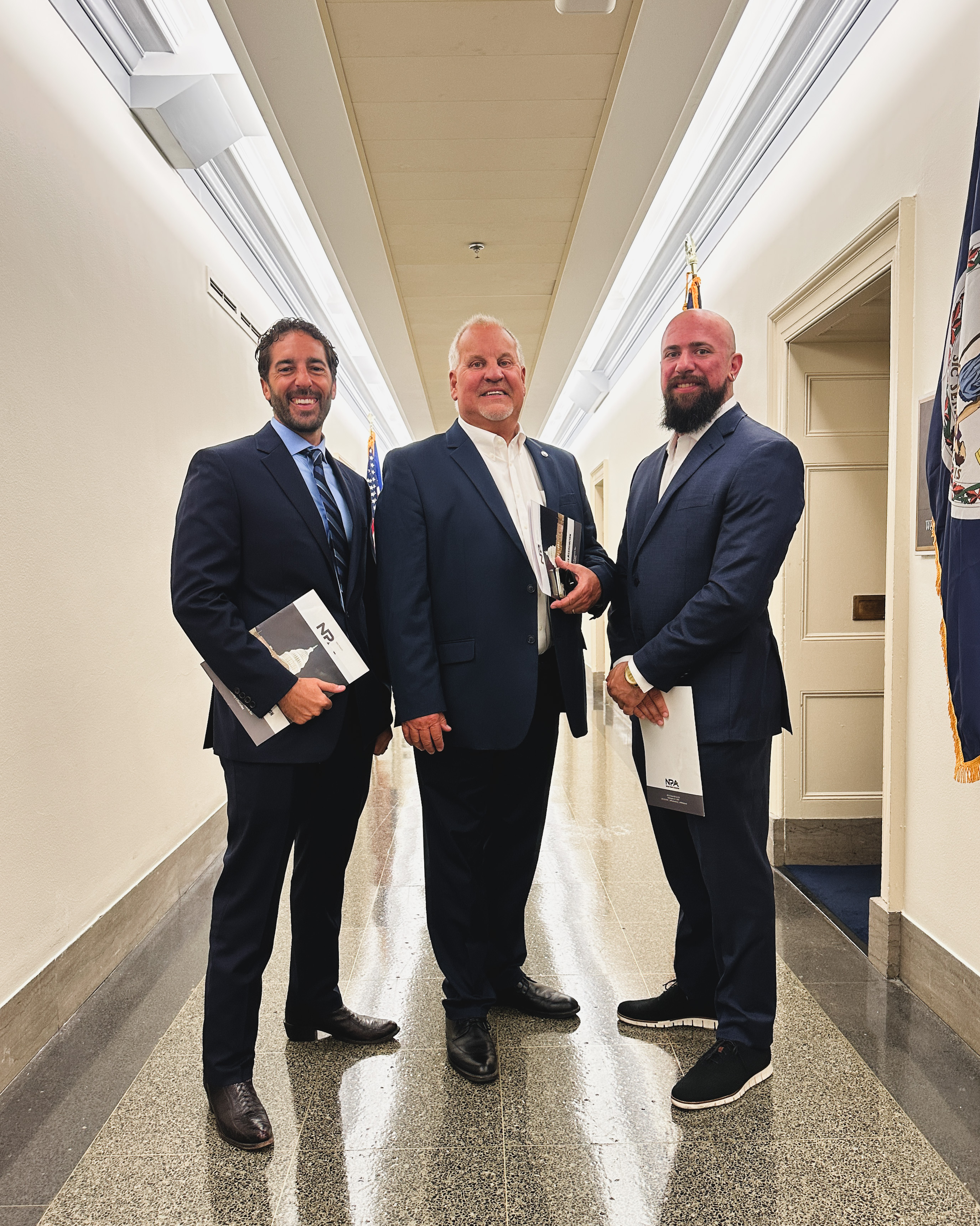
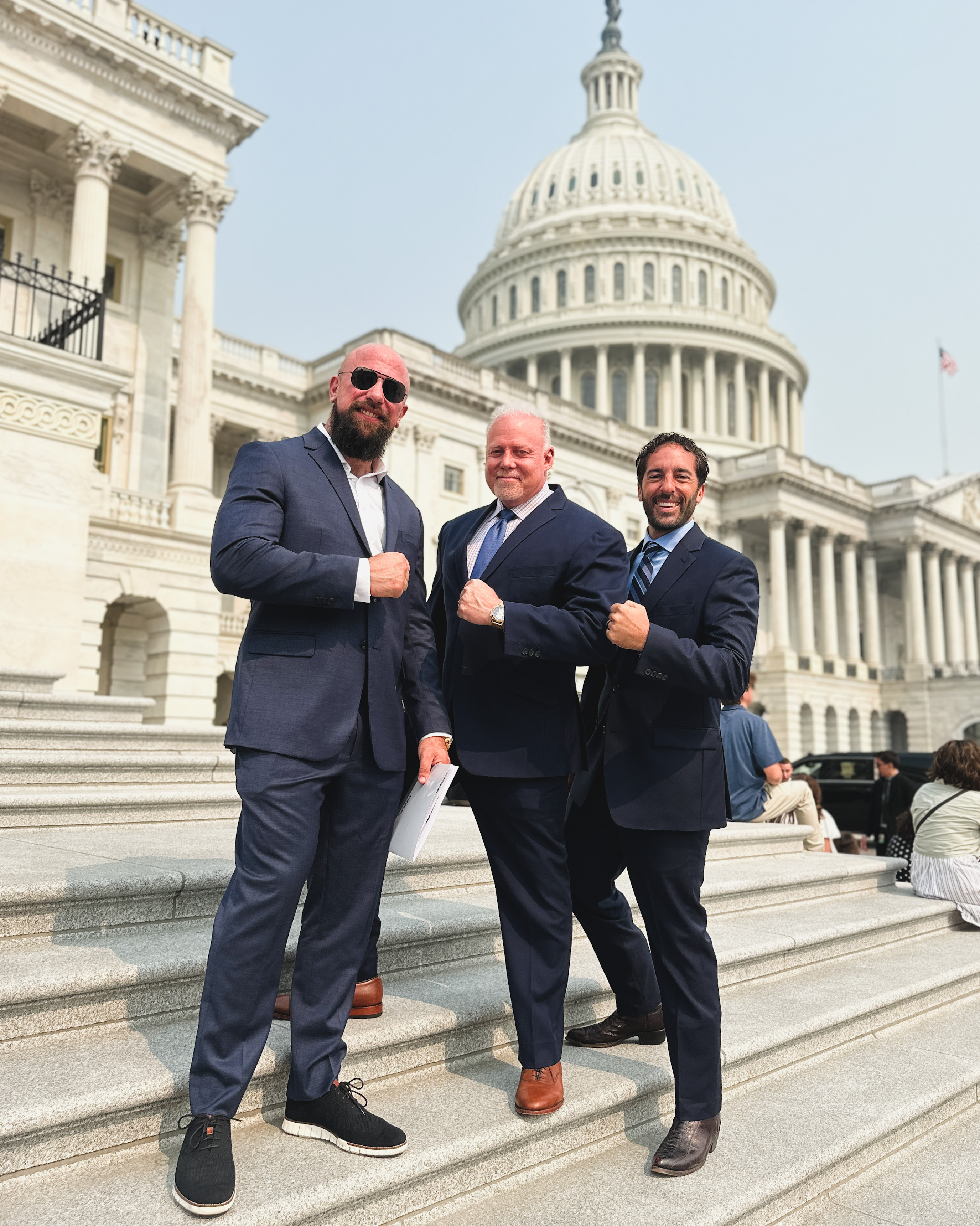
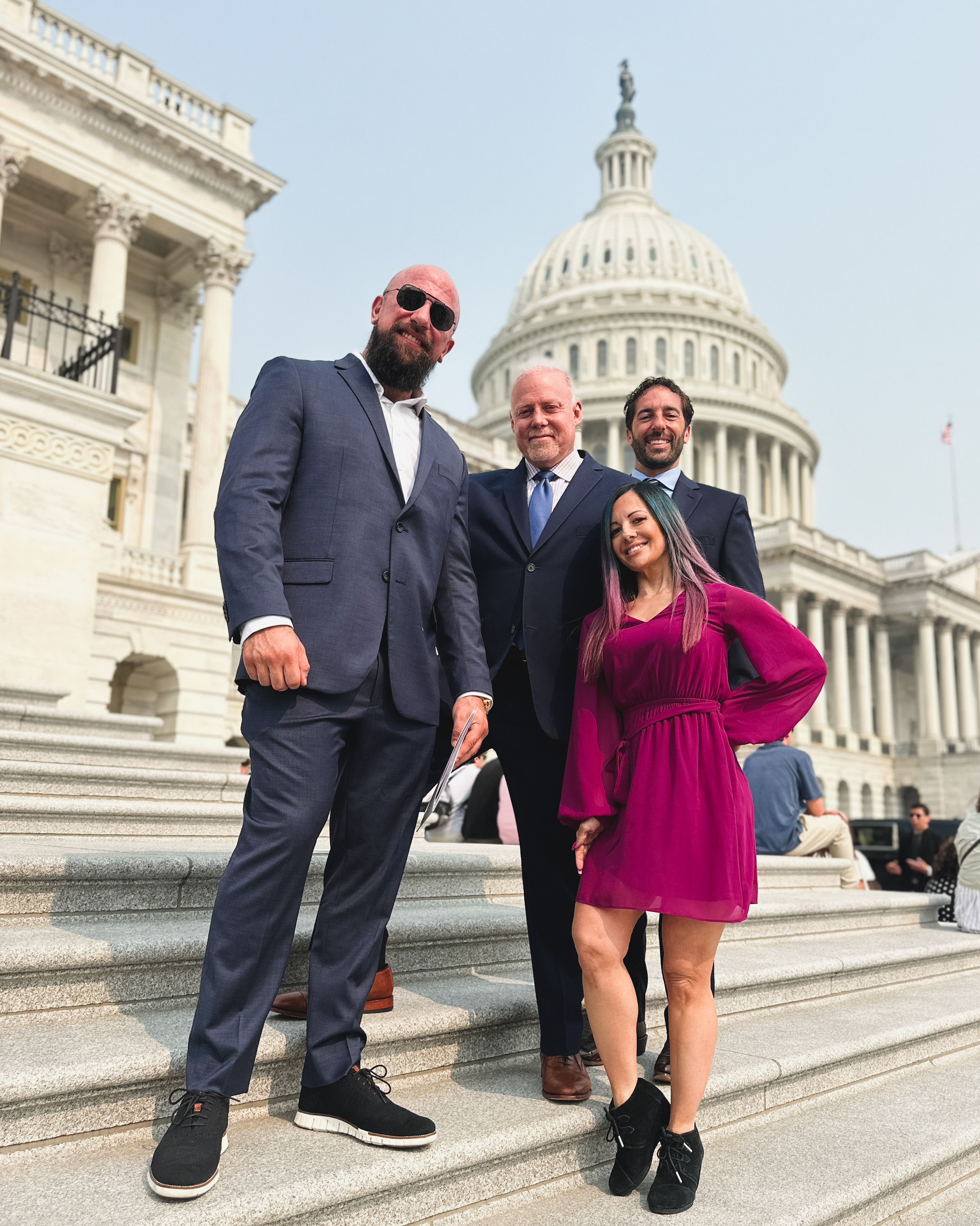
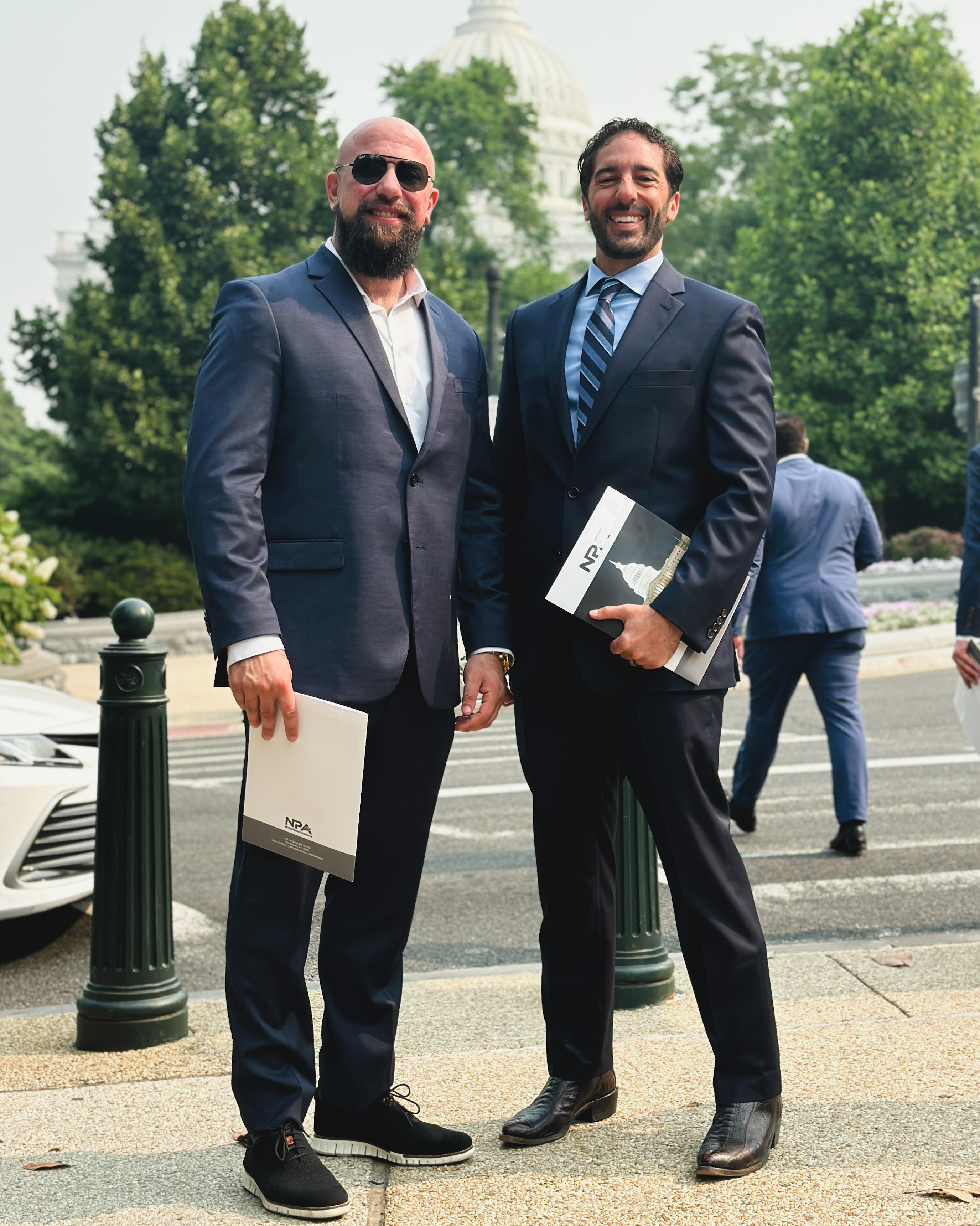
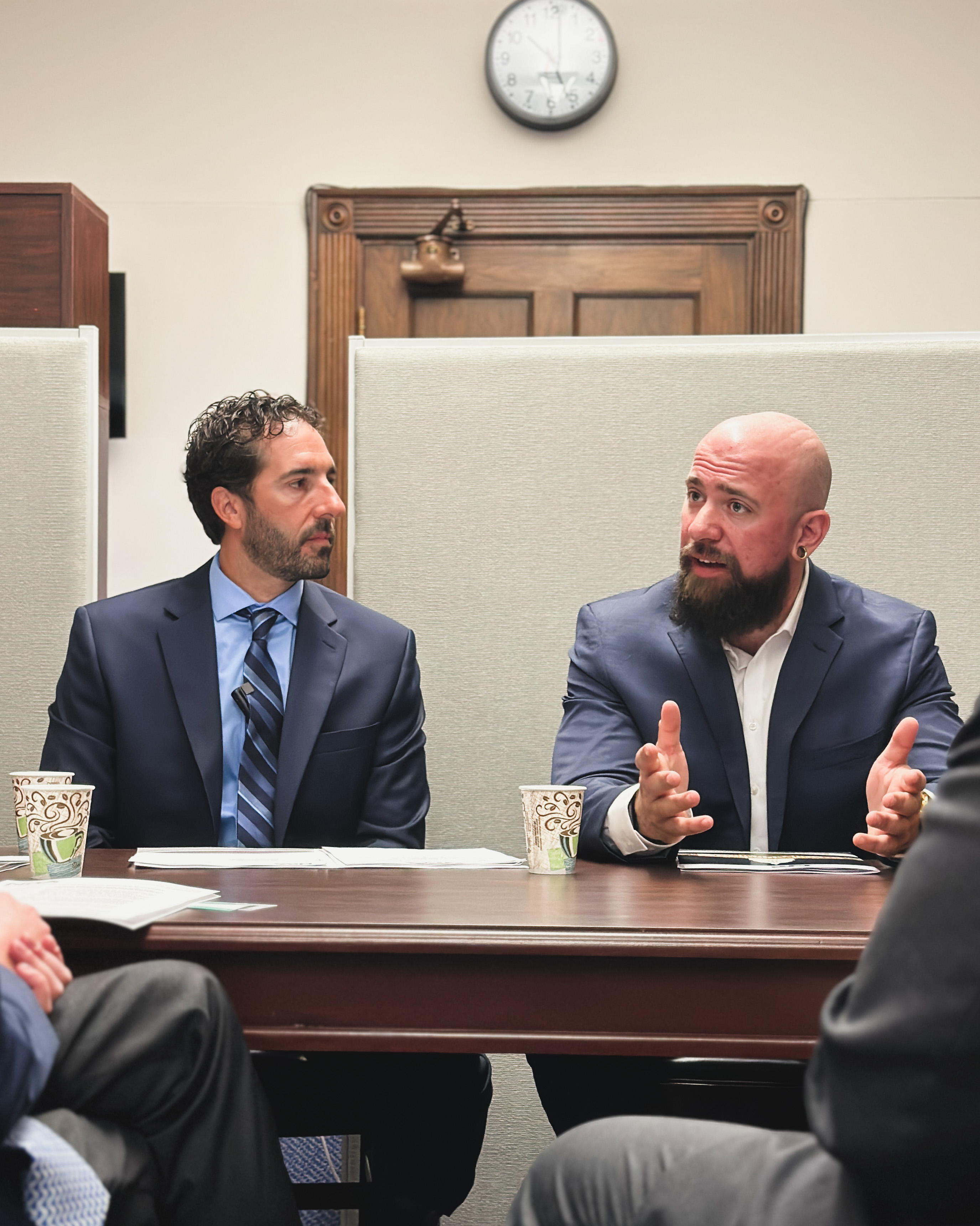
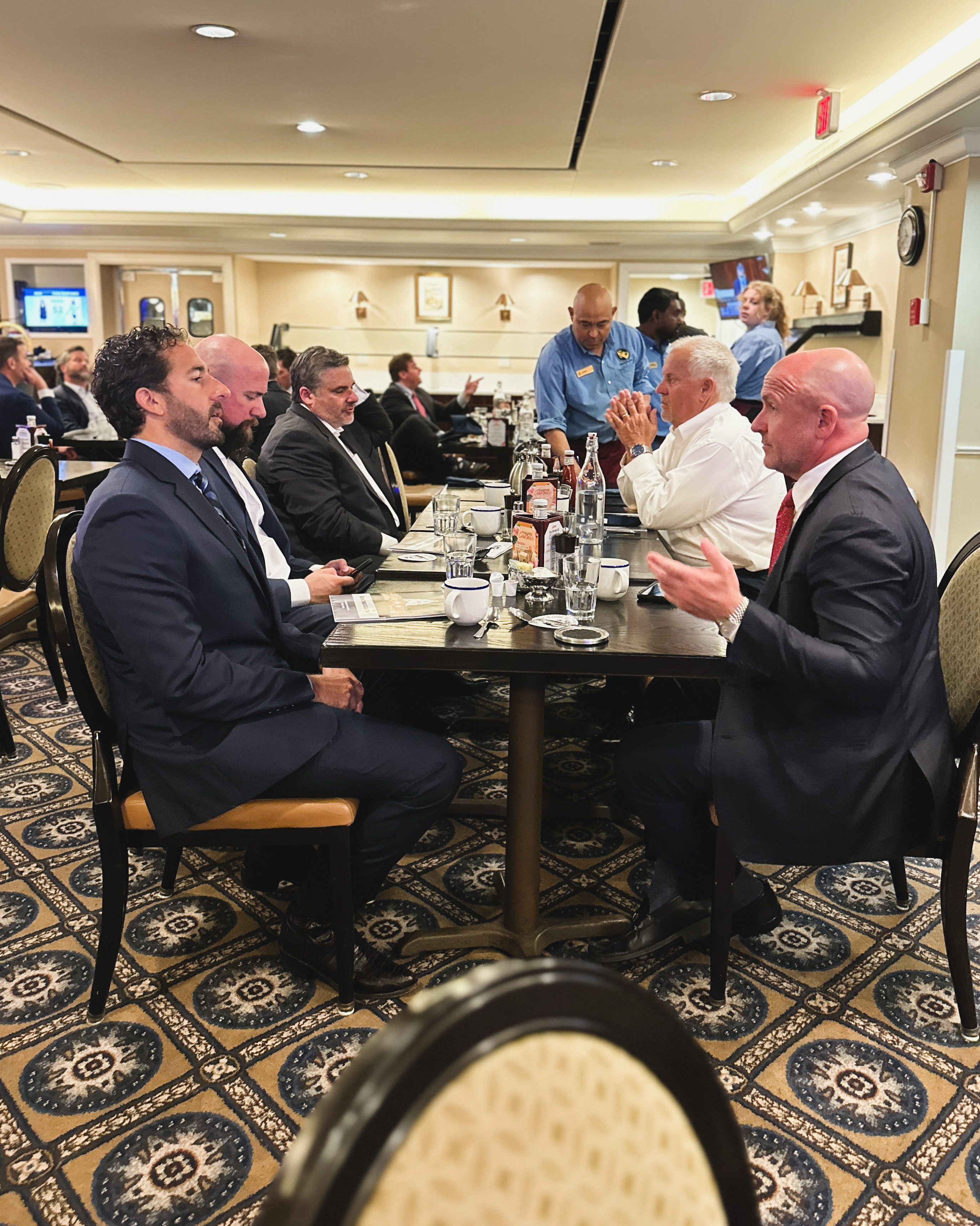
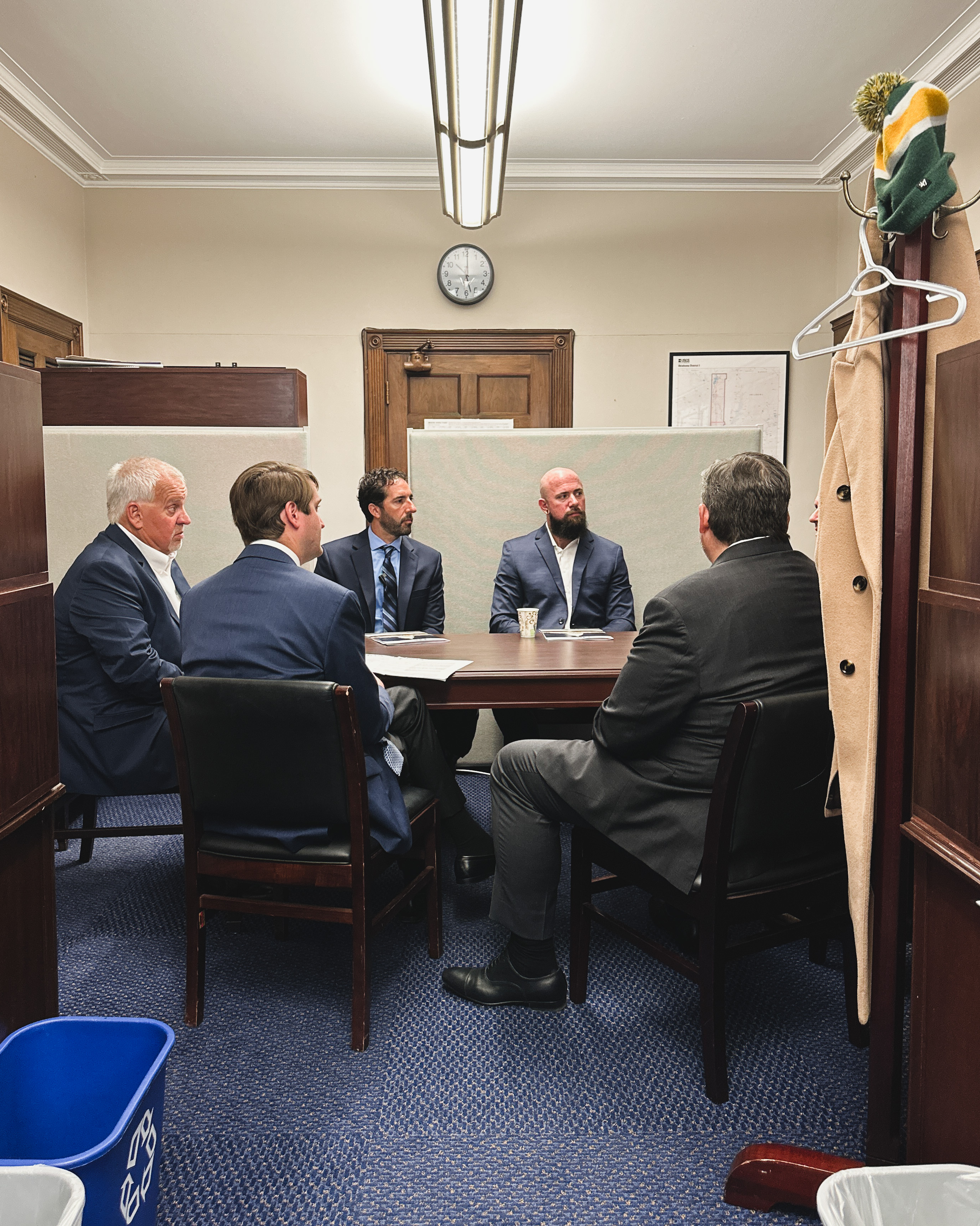


Comments and Discussion (Powered by the PricePlow Forum)